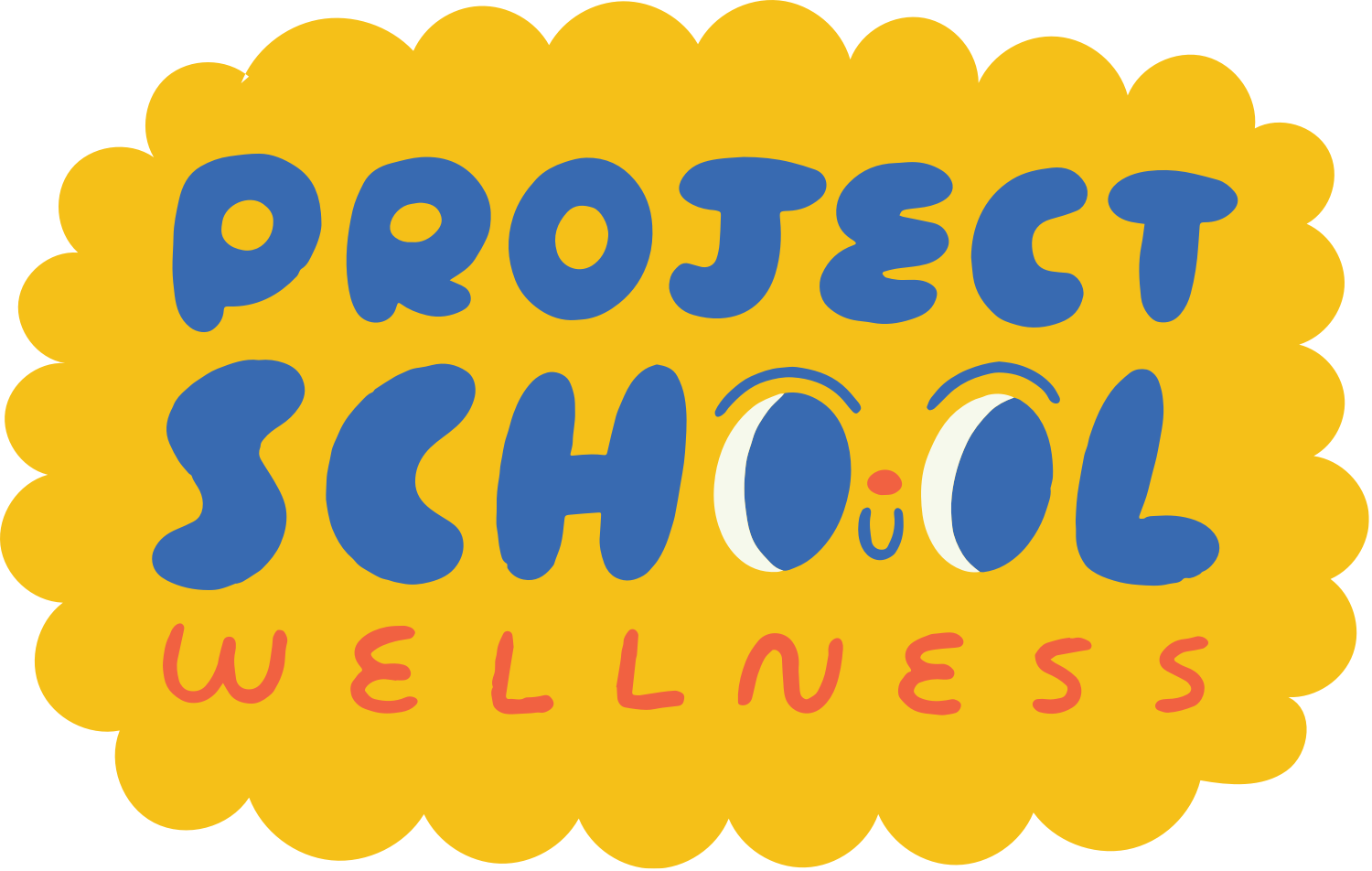Health Education 101: What is Financial Health?
Welcome back to the Health and Wellness Basics Series! This is where we chat about the basics of wellness, well-being, and teaching students how to thrive! Today, our topic is Financial Health!
Plain and simple, financial well-being powerfully connects to our ability to thrive and should be a fundamental aspect of education! Unfortunately, financial basics are rarely promoted in school. So today, I am giving you some ideas for teaching students about the value of money and building financial security!
What is Financial Health?
Let's start with the basics - - financial health is one of the ten interconnected components of total health. And it refers to understanding money and personal finances and knowing how to build financial security now and in the future.
When we think about financial well-being, it’s super easy to assume that financial health simply connects to being “rich” and having a lot of money. But in reality, financial wellness is all about financial security!
Financial security refers to the peace of mind you feel when you aren't worried about your financial situation. It means that your basic needs are met and that you have the financial freedom to enjoy the extras in life, all while living within your means!
Financial Health and Its Impact on Total Health
This is where we really start to understand why financial health is so important. You see, financial well-being powerfully connects to a person's ability to thrive. This is because, like all dimensions of health, financial health influences the other dimensions of health and well-being. And remember, to thrive you need to be balanced and doing well in each area of your life (read more on that here).
Here's a quick example, living in financial insecurity can be incredibly stressful. Constantly worrying about how you're going to pay rent, buy food, or take care of your other basic needs creates a lot of stress. This stress can wear down your emotional and mental well-being, which can cause fractures in social relationships and make it extremely difficult to concentrate at school or work. Additionally, elevated stress levels can cause your physical body to deteriorate.
This example is all too often the reality of students' lives. This is exactly why financial health must be a primary focus when talking about growing and nurturing student well-being. So let's take a look at how you can help students be financially healthy!
Healthy Habits for Financial Health
Like each of the elements of health, if we want to be financially healthy, we have to create healthy habits. Unfortunately, too many people learn about financial health when they're adults and already in living in financial instability. Thankfully, you can break that trend! Here are a few key habits to help students build while in school:
• Understand the difference between needs and wants and commit to living within your means
• Check-in and track your spending on a regular basis
• Start planning for the future now
Grade-Specific Financial Health Teaching Ideas
By integrating simple practices and thoughtful programs into the school experience, you can expose students to financially healthy habits and give them the tools needed to create financial security!
Not sure where to start? Don't worry, I am here to help you out! First things first, download this freebie. Then check out these ideas for integrating key financial principles into your classroom and school program:
Elementary Financial Health Teaching Ideas
Instruction units teaching students basic money terminology and how to recognize and count money
Take a field trip to a bank and have students open a bank account
Comprehensive classroom money system with key financial principles integrated in to the program. Students could receive a set income + bonuses for extras and then pay taxes according to their income. Student could then be required to buy supplies and extras like mini recess breaks with their money. This type of system would require students to budget and track their money.
Middle School Financial Health Teaching Ideas
Mandatory personal finance courses teaching students how to budget and balance a bank account
Lesson series exposing students to the difference between financial security and insecurity - looking at the impact both have on total well-being, not just what you can and cannot buy
Invite financial planners, investors, and bankers to be guest speakers in classrooms and for assemblies
High School Financial Health Teaching Ideas
Mandatory personal finance courses building on the basics learned in middle school - teaching students how to:
Save and invest for the future
Apply for financial aid
Buy a car and house
File taxes
Be responsible with a credit card
Teaching students how to start and run their own business
Host an investment club and bring in local investment experts to help students actively invest in their future
There are so many possibilities! The key is for schools to understand that boosting academic ability isn't enough to guarantee a child's happiness and success. Financial well-being simply plays too big a role in life for it to be absent from the curriculum.
Financial Health Basics Lesson Plans
Check out our financial literacy lesson plans. With this health education unit, learn about the definition of financial health, the importance of financial security, and they're introduced to five basic financial principles.
Each lesson comes with instruction video, teaching PowerPoint, answer key, grading rubric, and paper/digital worksheets!

